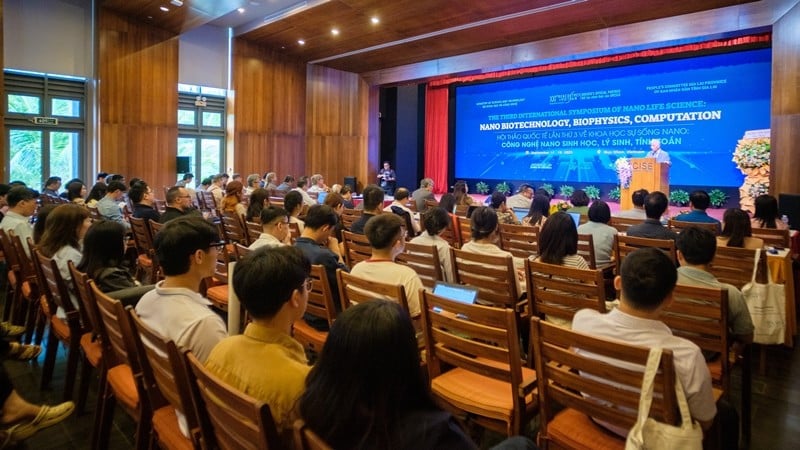
The event, organized by the Vietnam Science Association and ICISE in collaboration with the Nano Life Science Institute (WPI-NanoLSI), Kanazawa University (Japan), gathered more than 100 delegates from 13 countries, including professors, scientists, graduate students and young experts in the fields of biological nanotechnology, biophysics and computation.
Many of the world's leading speakers attended in person and online, including: Professor Curtis Callan (Princeton University, USA), Professor Anthony Watts (Oxford University, UK), Professor Takeharu Nagai (Osaka University, Japan), Professor Nam-Trung Nguyen (Griffith University, Australia)..., along with scientists from France, Japan, the United States and Vietnam.
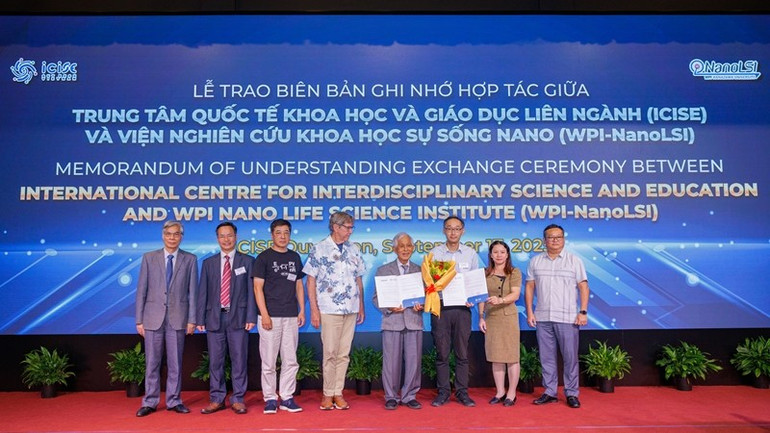
Following the success of NanoBioCoM2023 and 2024, this year's conference focuses on fundamental and advanced applied research in nano-life sciences. In particular, modern techniques such as AFM, Cryo-EM, NMR, TIRFM, STED, and computational tools such as DeepAFM, CryoDRGN, Deep-STORM.
The new reports are designed to combine teaching and research, are relevant to postgraduate programmes and present the latest results from research groups.

Notably, this year's conference also marked the official launch of the Vietnam Biophysics Association, with Associate Professor, Dr. Tran Quang Huy (Phenikaa University) as interim President, headquartered at the ICISE Center.
The Association has been accepted by the International Union of Pure and Applied Biophysics (IUPAB), opening up opportunities for international cooperation and developing the interdisciplinary scientific community of Physics-Biology in Vietnam.
Speaking at the workshop, Deputy Director of the Department of Science and Technology of Gia Lai province, Vo Cao Thi Mong Hoai, said that the province always identifies science and education as the core foundation for innovation and sustainable development.
We pledge to continue to accompany and create favorable conditions for ICISE Center to promote its role as a knowledge nucleus, a bridge between Vietnamese science and the international scientific community.
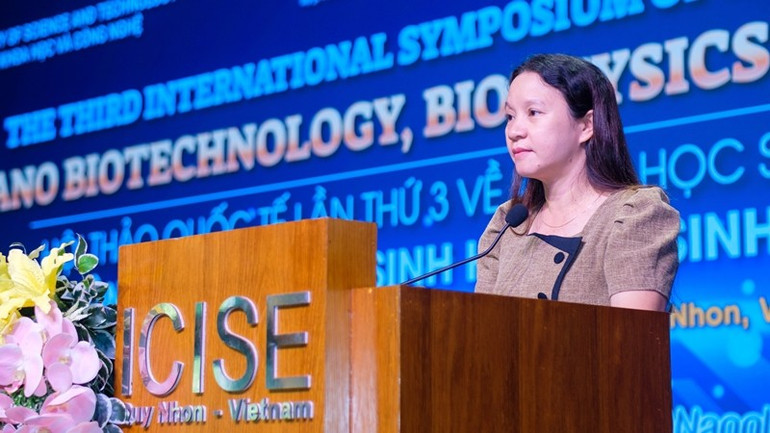
At the same time, the province also aims to develop centers for research, transfer and application of advanced science and technology, in order to resonate and benefit from the intellectual resources of domestic and foreign scientists, making practical contributions to the development of science and technology in Vietnam.
NanoBioCoM2025 is not only an academic forum but also a bridge to promote multidisciplinary scientific cooperation, contributing to affirming Vietnam's position on the global nano-life science research map.
Source: https://nhandan.vn/hon-100-nha-scientists-tham-du-hoi-thao-quoc-te-lan-thu-ba-ve-khoa-hoc-su-song-nano-post908628.html





![[Photo] Closing of the 1st Congress of Party Delegates of Central Party Agencies](https://vphoto.vietnam.vn/thumb/1200x675/vietnam/resource/IMAGE/2025/9/24/b419f67738854f85bad6dbefa40f3040)







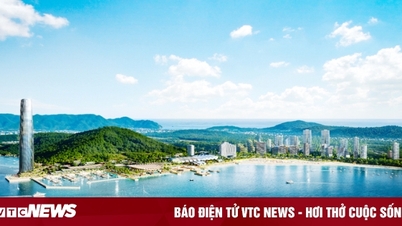







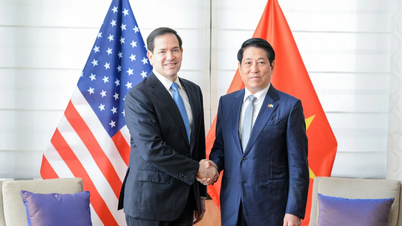
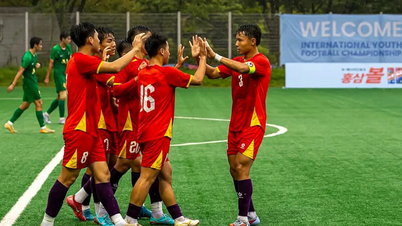
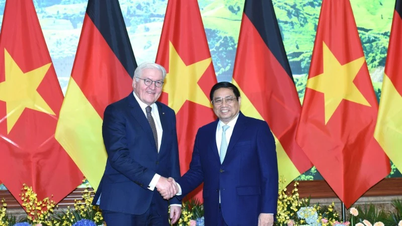
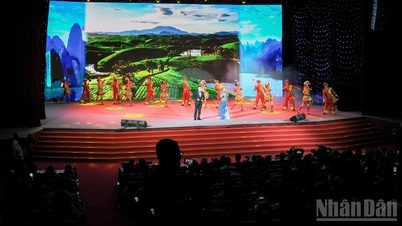


![[Photo] Editor-in-Chief of Nhan Dan Newspaper Le Quoc Minh received the working delegation of Pasaxon Newspaper](https://vphoto.vietnam.vn/thumb/1200x675/vietnam/resource/IMAGE/2025/9/23/da79369d8d2849318c3fe8e792f4ce16)
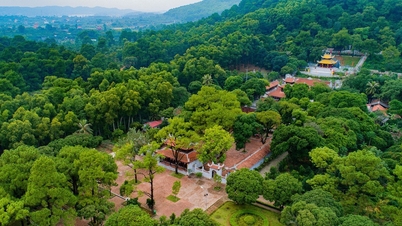





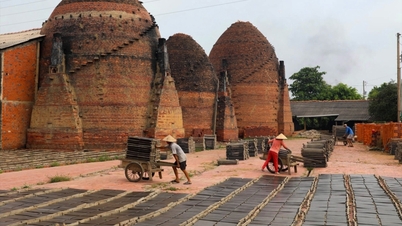






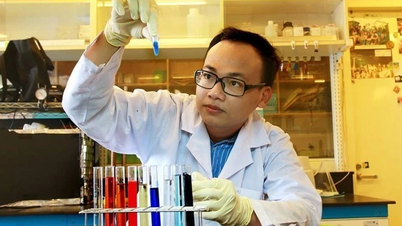








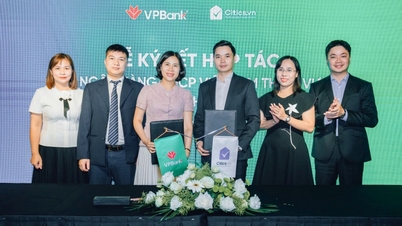







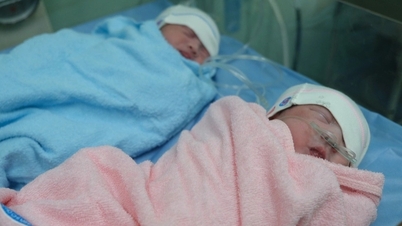

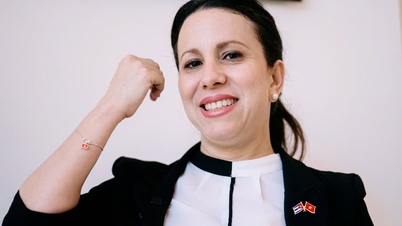

![[Photo] Solemn opening of the 1st Congress of Party Delegates of Central Party Agencies](https://vphoto.vietnam.vn/thumb/402x226/vietnam/resource/IMAGE/2025/9/24/82a89e250d4d43cbb6fcb312f21c5dd4)
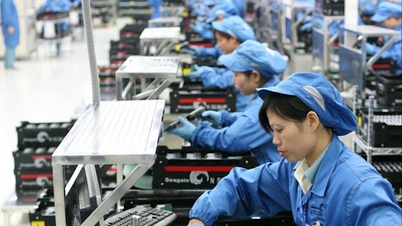

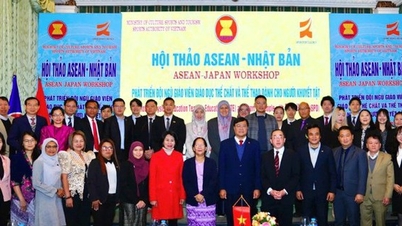

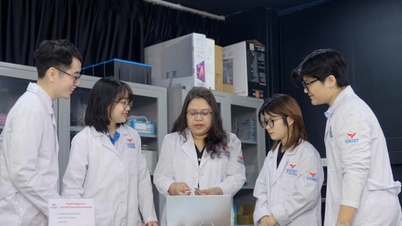


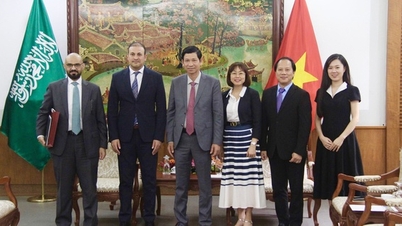



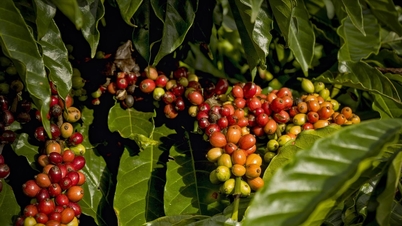




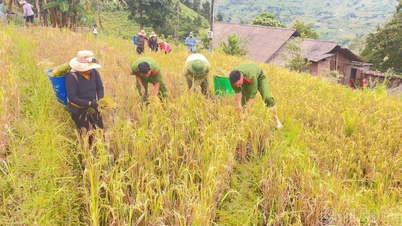


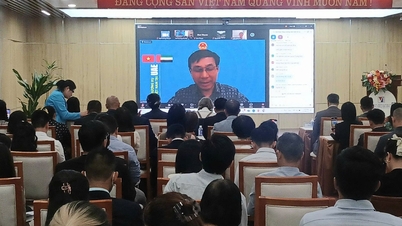


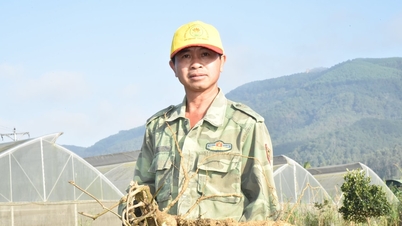







Comment (0)